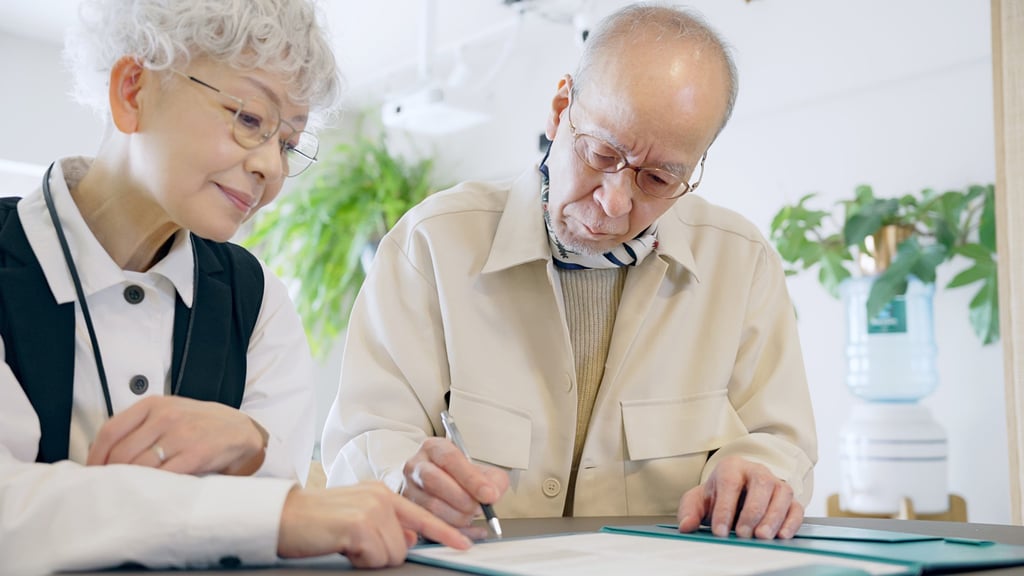Shenzhen in China becomes first mainland city to make ‘living wills’ into law covering end-of-life care
- Living wills, as well as end-of-life care, are only just beginning in China because of a lack of public awareness and investment
- Most mainland people still have no idea they have an alternative to waiting for death or dying in pain when they’re too ill to speak for themselves

“It’s better to live a wretched existence than to experience a good death,” a Chinese proverb goes.
But residents in Shenzhen are for the first time being protected by the law if they want to choose the other way round when approaching the end of their life.
The southern metropolis has taken the lead in making living wills, a much debated issue in China, into law, making it the first city on the mainland to legislate for an individual’s wishes to stop treatment and die with dignity.
Under the law, medical workers should comply with living wills or advance directives made by individuals on whether or not they’ll go through emergency medical treatment or use life support when they’re reaching the end of their life. The recently passed amendment to the city’s medical regulations will take effect from 2023.

While they’re already commonly practised in the West, living wills as well as end-of-life care, which exist side by side to ensure dignity when dying, are only starting in China because of a lack of public awareness and investment.